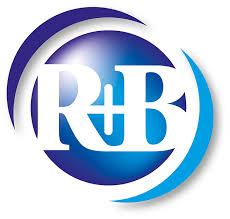TICC – Flame cutting module
EXAMPLE OF A COST CALCULATION
FUNCTION IN THE
Workflow
In this workflow, the function of the TICC module flame cutting is described using an example. Get to know the work procedure and the individual work steps.
Loading the 3D model
Read more
3D volume models from construction can be loaded in any common CAD data format, such as STEP, CATIA, SAT, etc.
Automatic recognition of the flame cutting edges
Read more
TICC uses a sophisticated algorithm to example potential flame-cutting edges at the respective components of an assembly, offering it to the user for further processing.
Manual edge assignment optional
Read more
Just as it is common in all other TICC modules, the user may work with automatic recognition or select any edges for calculation via a pick mode. This way, the user can enjoy the greatest possible flexibility.
Equipment and secondary times
Read more
Freely definable tables enable the user to define all equipment and secondary times he needs and to use the corresponding values for the current calculation on demand. Beyond this, templates can be stored for specific situations (e.g. different clamping situations) and loaded when required.
Time calculation and data sheet
Read more
After automatic/manual recognition of flame-cutting edges, all processing times are calculated automatically based on the filed master data. Afterwards, the calculated values are displayed in a well-structured PDF format data sheet.
Data handover and cost calculation
Read more
All time values calculated in TICC can be handed over to any ERP system via the interface (optional). The ERP module based on our FORB ERP system (FORB is the production organisation management system of R+B GmbH), which is used by default in TICC, however, already contains the corresponding interface. This way, it is able to perform a fully integrated cost calculation at once after handover of the calculated values. For this, among other things the hourly machine rates and the material costs are considered.
Lowering costs! Saving time! Increasing the calculation quality!

